HotSpots H2O: Water and Conflict Links Discussed at World Water Week
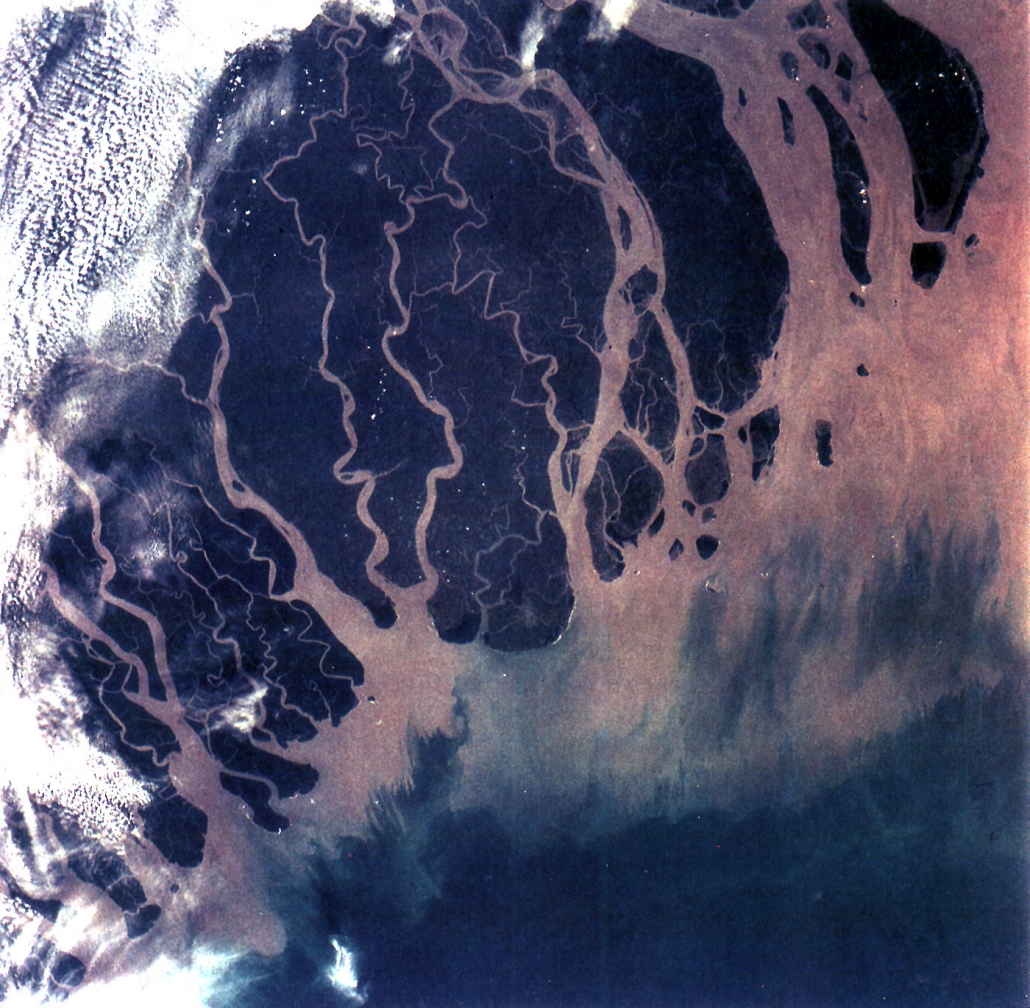
The Ganges River Delta, which is shared by Bangladesh and India. Photo courtesy of Wikimedia Commons.
Water shortages and climate change are contributing to a rise in conflict, according to experts at World Water Week. Although no major wars have been directly linked to water scarcity, smaller quarrels within countries are becoming more common, researchers say.
“I don’t see big, shooting wars but I think you will have an increasing frequency of very localized conflicts and tensions that could then escalate into much more,” Johan Schaar of the Stockholm International Peace Research Institute told the Thomas Reuters Foundation during the event, held annually in Stockholm.
In many countries, such as South Sudan and Syria, erratic rainfall and deeper droughts are leading to food shortages, which often aggravate tribal and ethnic conflicts. Elisabeth van Duin, a director at the Netherlands Ministry of Infrastructure and Water Management, named water scarcity as one of several factors that could “destabilize societies and contribute to regional conflict.”
Regardless of whether conflicts are fueled by water stress, they often create it. In Yemen, which is enduring a fourth year of civil war, more than half the population lacks safe drinking water. The country is in the midst of a third major cholera outbreak.
The United Nations Children’s Fund (UNICEF) analyzed conflict worldwide, from Ukraine to Yemen and beyond, and its relationship to water, sanitation, and hygiene. The organization found that those living in conflict zones were eight times as likely to lack basic drinking water services, and three times as likely not to use a toilet.
UNICEF emphasized the harm to children of attacks on water systems. For those under the age of 15, unsafe water exposure can be deadlier than bullets. In conflict areas, children this age are three times more likely to die from illnesses caused by dirty water and poor sanitation than from direct violence. For children under five, the likelihood rose to twenty times higher.
Additional Circle of Blue coverage of World Water Week:
A New Layer of Urgency for the Water Sector – Torgny Holmgren, Executive Director of SIWI
Kayla Ritter is a recent graduate of Michigan State University, where she studied International Relations and Teaching English to Speakers of Other Languages. She is currently based in Manton, Michigan. Kayla enjoys running, writing, and traveling. Contact Kayla Ritter

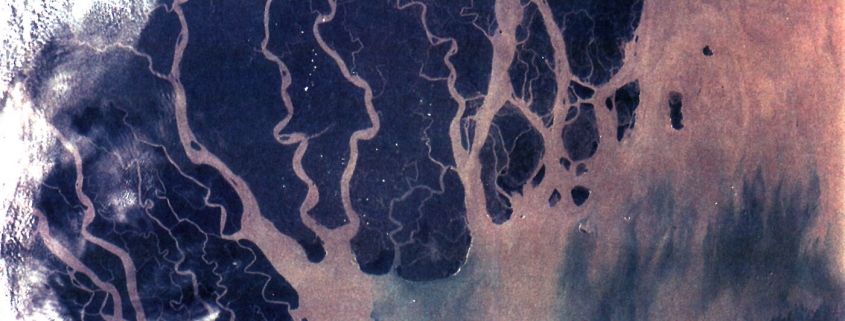

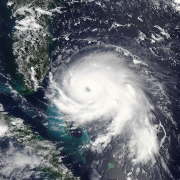
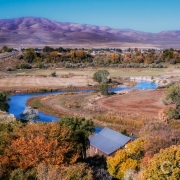
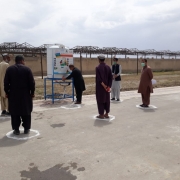
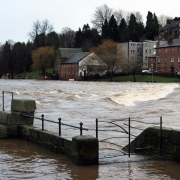
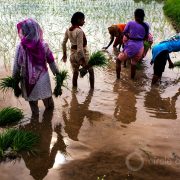
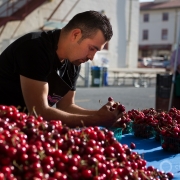




Leave a Reply
Want to join the discussion?Feel free to contribute!